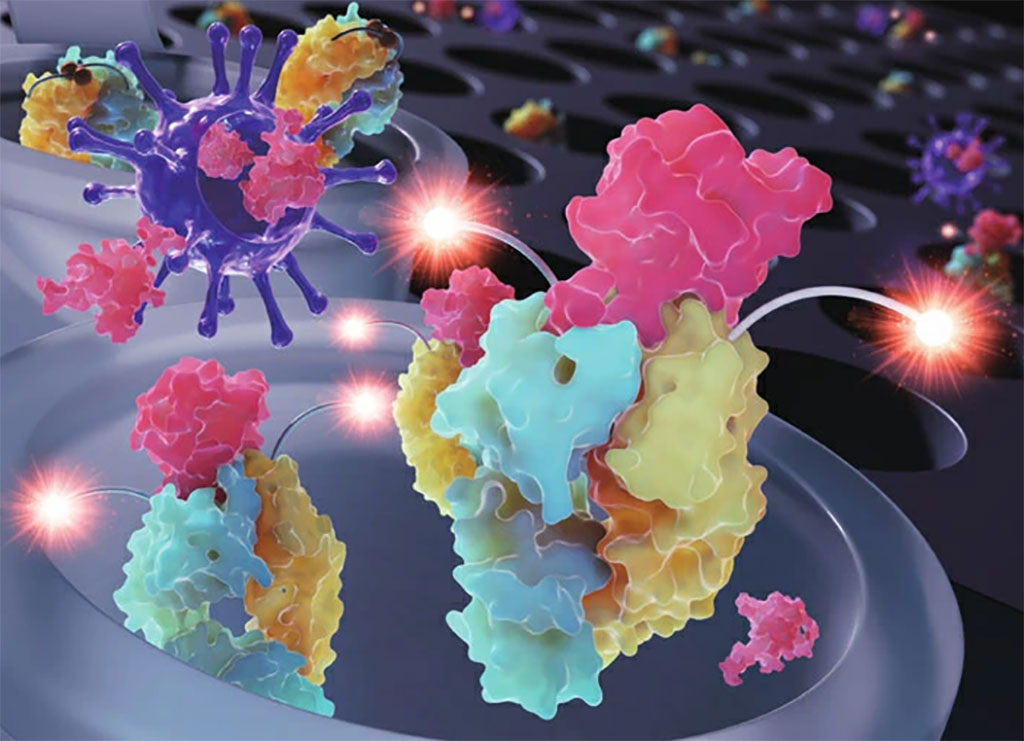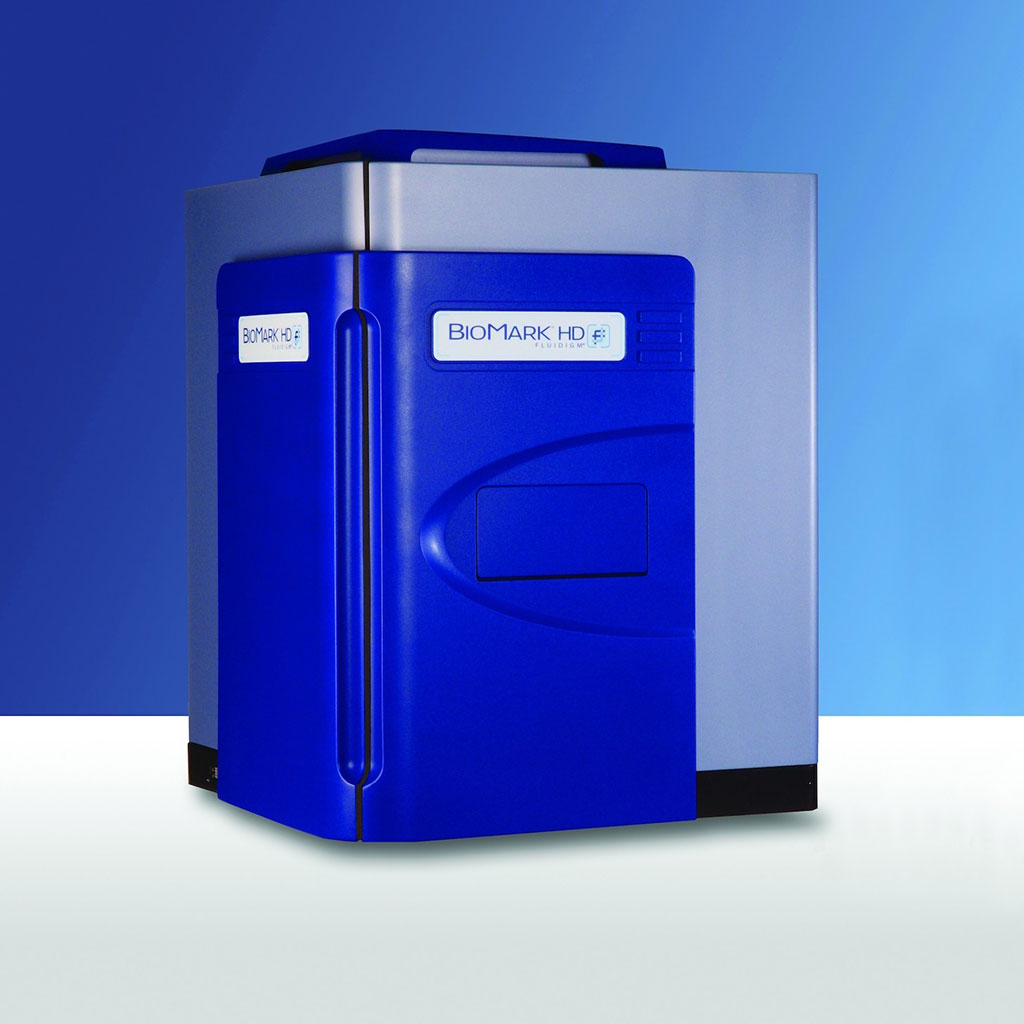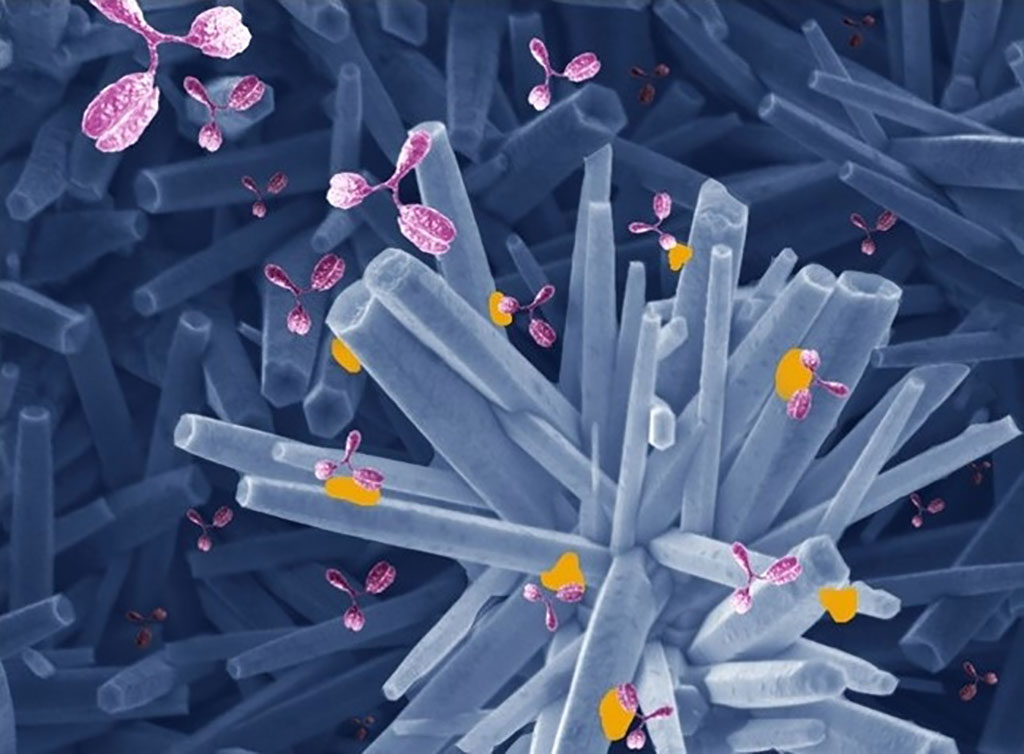Researchers Warn Against Targeting Only One Viral Gene for SARS-CoV-2 Detection by RT-PCR Due to Mutation in N Gene
By LabMedica International staff writers
Posted on 31 Aug 2020
Researchers have warned against targeting only one viral gene when carrying out reverse transcriptase-polymerase chain reaction (RT-PCR) testing for the SARS-CoV-2 virus, according to a report by News Medical.Posted on 31 Aug 2020
A team of researchers at the Chan Zuckerberg Biohub (San Francisco, CA, USA) carried out a study to demonstrate that a mutation had occurred in the N gene of the SARS-CoV-2 virus that impaired the annealing of a commonly used RT-PCR primer.

Illustration
Testing for SARS-CoV-2 generally involves using RT-PCR to test for the viral genome in respiratory samples and is performed using primer pairs that target more than one viral gene. The protocol involves assays that target the N gene and the E gene in SAR-VoV-2, and other groups commonly use these assays. However, the WHO has recommended that “in areas where the COVID-19 virus is widely spread, a simpler algorithm might be adopted in which, for example, screening by RT-PCR of a single discriminatory target is considered sufficient.”
In July, the researchers had identified clustering of 35 samples that showed poor assay performance for the N gene, but not the E gene. In order to identify the potential reasons for this, the team carried out a study that identified a nucleotide change in an N gene primer sequence that disrupted annealing and amplification, thus reducing diagnostic sensitivity. Based on their findings, the researchers have suggested the routine use of at least two targets when testing for SARS-CoV-2 using RT-PCR, even in areas where transmission rates are high, according to the News Medical report.
According to the researchers, their findings suggest that even in areas where community spread of SARS-CoV-2 is high, mutations can occur that impair recognition of RT-PCR primers and reduce diagnostic sensitivity, leading to under-diagnosis if laboratories used only one target for SARS-CoV-2 detection.
Related Links:
Chan Zuckerberg Biohub













